Further Reflections are instructor-led, multi-session virtual courses held on Zoom for small discussion groups. Often following a Critical Minds program, Further Reflections allow students to explore various topics on a deeper level. The content of this series and Critical Minds is to provide information and an opportunity for dialogue on topics that may be of interest to the humanist community. Speakers are engaged for their knowledge and expertise on the topics covered in both series. The speakers’ views are not necessarily aligned with the AHA, its members, or the humanist community. Find upcoming Further Reflections courses here.
Previous Further Reflections Courses are:
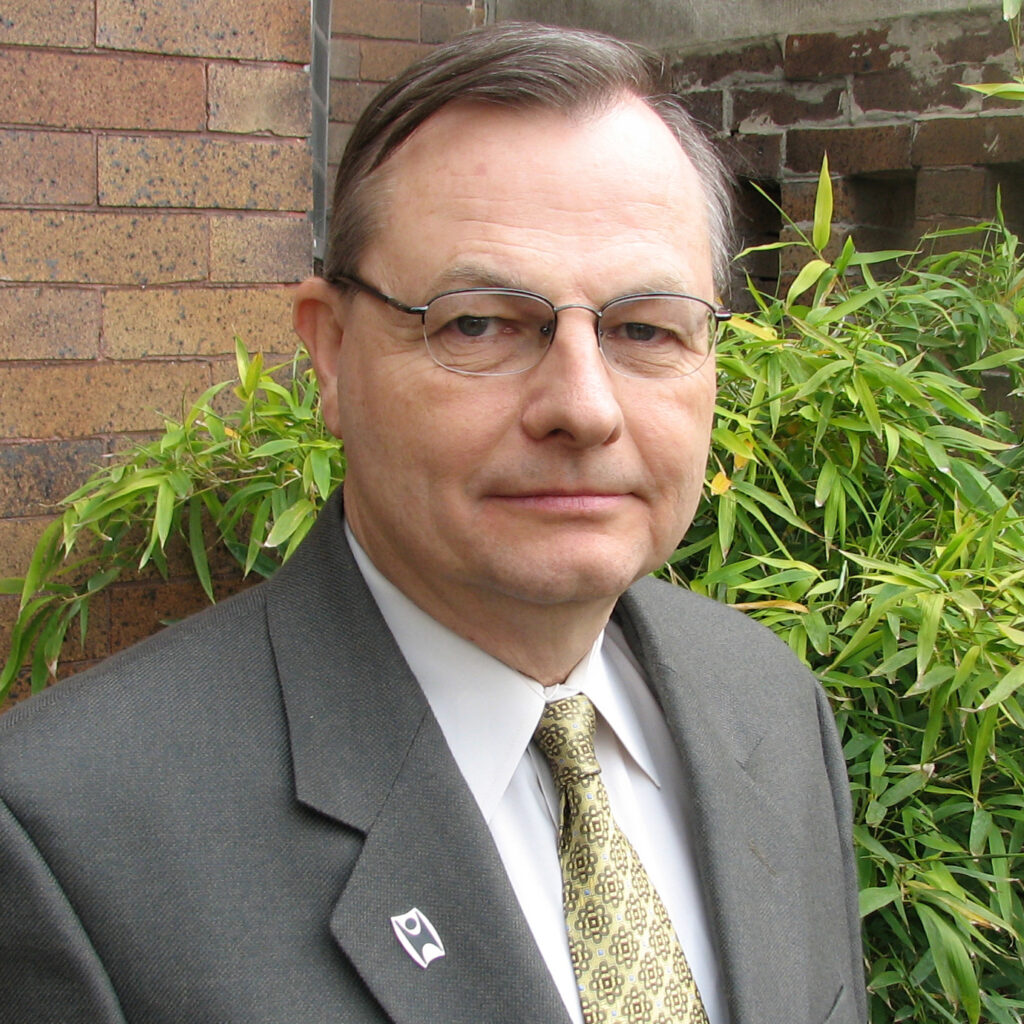
Exploring Humanism (4-part series) taught by Fred Edwords
Explore the history and philosophy of the humanist movement and discuss how an ethical perspective based on compassion, critical thinking, and science can shed light on the important social and lifestyle issues we all face today. Using the tools of critical thinking, science, ethics, and aesthetics, we will expose the important philosophical and social issues of our time as well as better ways to live our personal lives.
The first session began with an examination of just what humanism is and the ways it is interpreted and expressed through the various organizations that have come to comprise the humanist movement. Then we will follow with a history of humanist thought, from ancient times through the Renaissance and Enlightenment as well as humanism’s development into a movement in the twentieth century.
The second session began with the most controversial aspects of humanism: its nontheistic worldview and its critique of traditional religion. Then it will delve philosophically deeper, providing the humanist tools and methods for understanding how we come to know things in the first place and thus how we justify our beliefs and values. The notions of reason, logic, truth, facts, and reality will be explored, along with their uses and abuses. This will involve learning techniques of critical thinking and the workings of the philosophy of science, including the ways of observation, experimentation, and theory.
The third session turned to the humanist foundation for ethics and the concept of moral development. This includes understanding how we develop morals and values. Then, with the fullness of our human powers brought to bear, we will put them to work in applying humanism to contemporary issues. We will look at social, economic, and political issues through a humanist lens. This will involve examining threats to our civil liberties and religious freedom as well as looking at sexism, racism, homophobia, and other attitudes of exclusion. We will search for ways to develop just economic and social policies, including analyzing how to approach environmental and other global issues.
The fourth session brought the emotional and affective side of our humanity into play. We will explore what it means to be human, learn about creativity and the arts, acknowledge our emotional lives, and pursue happiness.
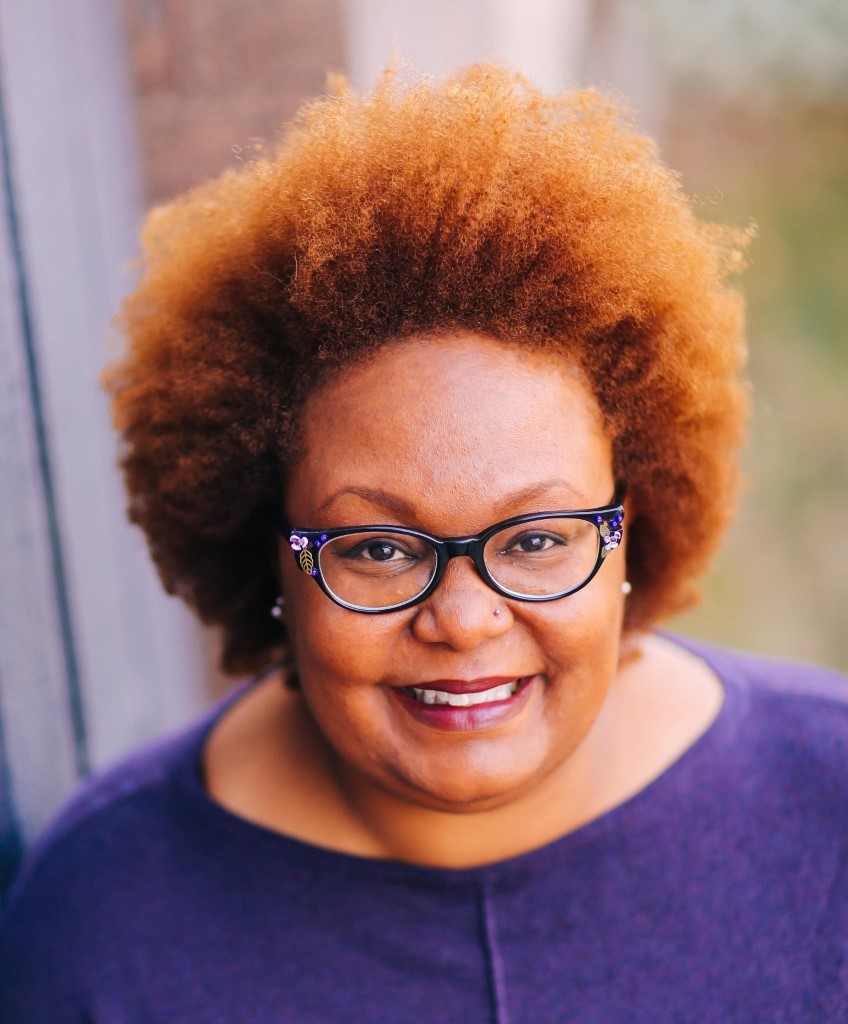
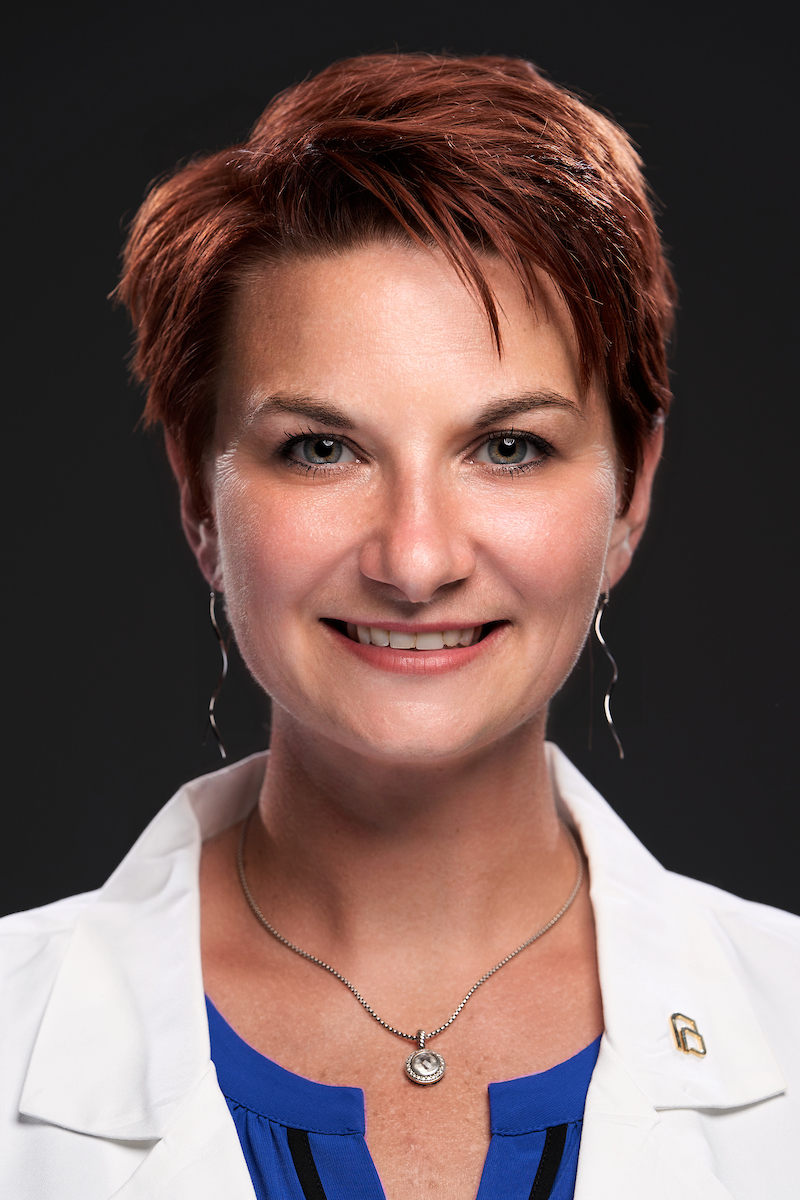
Reproductive Justice and Intersectionality (2-part series) taught by Dr. Colleen McNicholas and Pamela Merritt
Access vs CriminalizationConservative politics has capitalized on a multitude of strategies to perpetuate the framework of preferred reproduction. Among the many consequences, criminalization of pregnant people and those who care for them demands urgent attention. In this session, attendees will learn about the intricate web of state and local level restrictions contributing to the erosion of autonomy in reproductive health care, specifically those that have resulted in the targeting, prosecution, and incarceration of pregnant people. Facilitators will take participants through examples and encourage participants to apply the concepts of intersectionality and reproductive justice introduced in the first session to identify ways they can use their voice and power to make change.
Courageous ConversationsCourageous conversations involve difficult to broach subjects and/or individuals who are polarized on an issue. They are the sort of conversations that can stir vivid emotions on either side, and many people avoid them in an effort to keep the peace. Avoiding courageous conversations about abortion perpetuates stigma and allows those opposed to abortion to frame the issue uncontested. In this session, facilitators will share tips on how to avoid stigmatizing language and how to engage in courageous conversations about reproductive and sexual health.

Alain Locke’s Imagination: Developing an Eye for being Black, Queer & Free Beyond Sight (3-part series) taught by Jé Hooper.
Alain Locke, an African American philosopher and artistic connoisseur, better known as the ‘Dean of the Harlem Renaissance’ who made the declaration that “art was the key to Black Liberation”–a reimagining of total freedom. Subsequently, there is no critical approach to freedom, unless we first examine the complexities of human ingenuity and its agency to live-out its full autonomy. The ability to observe the imagination as an impetus that informs human worth, knowing and being, is an act of cultural security that Locke invested years researching and preserving with the Black cultural experience. In juxtaposition to our theistic counterparts who assert ‘just live by faith’, it is the humanist ability to offer critical imagination beyond faith to ensure the betterment of curating a culture of care.
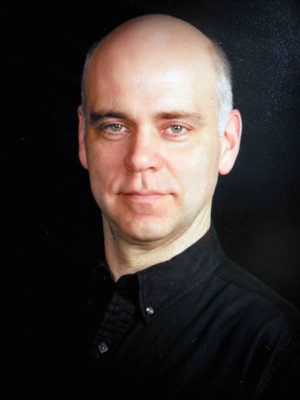
Psychology of Dogmatic Delusions (4-part series) taught by Mark Reimers
Recent events have highlighted the power of dogmatic delusions and conspiracy theories. How do people become entangled in such beliefs? This question has long been the province of novelists, but more recently, psychologists and other social scientists have applied the tools of their disciplines to this vexing question.
This four-session course surveyed their findings so far about the psychological and social factors that lead people to double down on dogmas and delusions. We will discuss the personality characteristics and life history that incline people to rigid beliefs. We’ll consider the everyday personal delusions that most of us hold. We’ll discuss the social process of converting and committing to a shared delusion. Finally, we’ll consider the psychology of reasoning and what makes people amenable to changing their minds.
Enlightened Brain: Neuroscience for Everyday Life (5-part series) taught by Mark Reimers
This series of presentations and discussions focused on what recent discoveries in neuroscience mean for understanding how our minds work, and how such knowledge can help us live with ourselves and others more easily. It discussed how genes influence behavior, how early life experience becomes ‘gets under the skin’, the difference between fear and anxiety in the brain, how memories falter or become corrupted, how conscience and courage operate, the different types of craving and desire, and the brain processes underlying love and empathy.
The Origins and Evolution of Religions (4-part series) taught by Mark Reimers
This course discussed evidence from anthropology, archeology, history about how religions started and evolved. It started with religious practices and beliefs among hunter-gatherers, who resemble our Stone Age ancestors. Archeology suggests that some religious practices go back ten thousand years or more. Moralizing religions emerged in early large-scale farming societies; the leading hypothesis is that such religions enabled cooperation in large groups. It discussed the evidence for this hypothesis; then considered how priests and kings coopted religion to assert their own authority, leading to the Bronze Age religions. The coming of iron technology during the first millennium BC catalyzed social upheaval across Eurasia, and many reformers sought to adapt religion to the needs of their societies in ways that seem often humanistic. Some of these reform movements grew into the dominant modern religions of today. It discussed how Judaism, Buddhism, Hinduism, Christianity, Confucianism, and Islam started in the turmoil of invasions or imploding societies and came to set the tone for how most human beings have thought about their lives for 2,500 years.
A More In-depth Look at Human Brain Evolution (3-part series) taught by Mark Reimers
Our human mind has evolved from an ape mind over the past six million years. How have our brains and genes changed to bring this about? We are very similar to apes in some ways, in which scientists previously thought humans stood out, but quite different in other ways, such as our capacity for engagement with other people. This course will present genetic, anatomical, behavioral evidence bearing on the changes to the brain that supported the emergence of the human mind.
When We Almost Got It Right – Societies that Worked (4-part series) taught by Mark Reimers
As we hear distressing news from around the world, we may benefit from reminding ourselves of times and places when human beings did come close to building a workable and just society for everyone. These were not idealistic communes or religious movements, but well-organized societies that managed to achieve social justice far beyond what was typical of their ages. These episodes have largely been forgotten or erased from history by conquering empires that have defined history; many of them are known only through detailed archaeological studies.
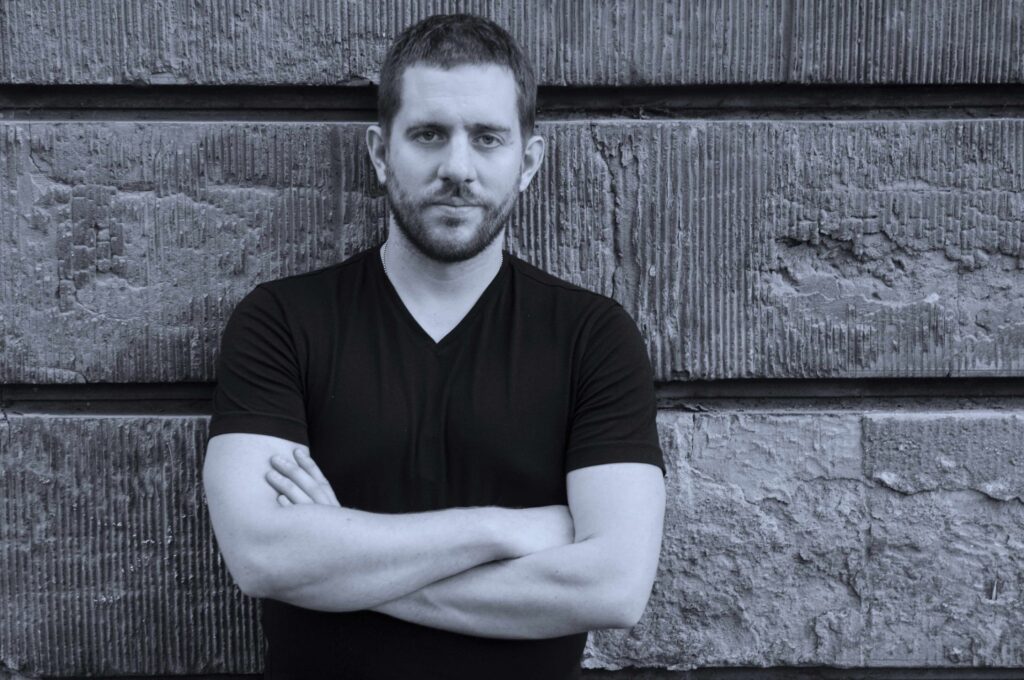
Dorian Wallace is leading two new sessions in March 2021 and registration is open now for Secular Sounds and Morning Meditation.
Humanist Community Music Therapy (8 sessions) taught by Dorian Wallace
Community music is a foundational way to connect with others. Music transcends time and is present in all communities throughout the world. Given this universal nature of music, music therapy is uniquely able to reach individuals across all backgrounds and ages. No previous musical knowledge is required in order for an individual or group to be able to participate. Through creative experiences with music, one can connect with what cannot easily be expressed verbally and strengthen a sense of self.
Mindfulness Meditation (10-day course) taught by Dorian Wallace
This 10-day meditation course was a syncretic, non-theistic approach to mindfulness-seeking awareness of the inner nature of life, focusing on three aspects of existence: impermanence, suffering, and non-self. Mindfulness is an effective tool that all people, regardless of background or circumstances, can access and hone. Through a more examined life, one can address a deeper understanding of the essence of living through communion with oneself and others in time, space, incarnation, and consciousness.
